PART A_1
Please read aloud the following passage. You have 30 seconds to prepare and 40 seconds to read aloud.
I will check your pronunciation, stress, and intonation.
I will check your pronunciation, stress, and intonation.
以下の文章を音読しましょう。準備時間は30秒、音読時間は40秒です。
講師が発音、強勢、イントネーションについて確認します。
講師が発音、強勢、イントネーションについて確認します。
(Please send the mispronounced words and expressions to your student.)
PART A_2
あなたは留学中の生徒です。あなたは、校内放送で保護者と教師の会議について案内をすることになりました。以下の文章を音読してください。
(You are studying at a foreign school, and you will make an announcement that the school will have a parent and teacher conference. Read aloud the script below.)
Good morning, parents. There will be a parent and teacher conference this coming Saturday from 8:00 am to 12:00 noon. The homeroom teacher will distribute your child’s report card. Should there be any concerns regarding the student’s grades and performance, you are highly encouraged to talk to your child’s homeroom and subject teachers. We hope to see you there!
PART A_3
Now, let’s review some words and sentences from Part A_2.
ではいくつかの単語と文章を復習してみましょう。
(Please review the mispronounced words and expressions from Part A_2.)
PART A_4
PART A_5
Please read aloud the following passage. You have 30 seconds to prepare and 40 seconds to read aloud.
I will check your pronunciation, stress, and intonation.
I will check your pronunciation, stress, and intonation.
以下の文章を音読しましょう。準備時間は30秒、音読時間は40秒です。
講師が発音、強勢、イントネーションについて確認します。
講師が発音、強勢、イントネーションについて確認します。
(Please send the mispronounced words and expressions to your student.)
PART A_6
あなたはインターナショナルスクールの生徒です。あなたは、校内放送で部活動について案内をすることになりました。以下の文章を音読してください。
(You are an international school student, and you will make an announcement about school clubs. Read aloud the script below.)
Good day, students. We are pleased to inform everyone about the start of school clubs next week. As part of improving one’s skills and talents, students of all levels are required to join any school clubs they are interested in. Registrations are now open outside the school gym from 10:00 a.m. to 2:00 p.m. Enjoy!
PART A_7
Now, let’s review some words and sentences from Part A_6.
ではいくつかの単語と文章を復習してみましょう。
(Please review the mispronounced words and expressions from Part A_6.)
PART A_8
PART B_1
Let’s study the example below. I will read the sample questions, and you will read the sample answers.
下の例を見てみましょう。講師がサンプルの質問を読むので、あなたはサンプルの答えを読みましょう。
PART B_2
あなたは友達をナイトサファリツアーに誘っています。料金表をもとに、質問に英語で答えてください。
(You are asking your friend to go on the night safari tour. Look at the price list and answer the questions.)
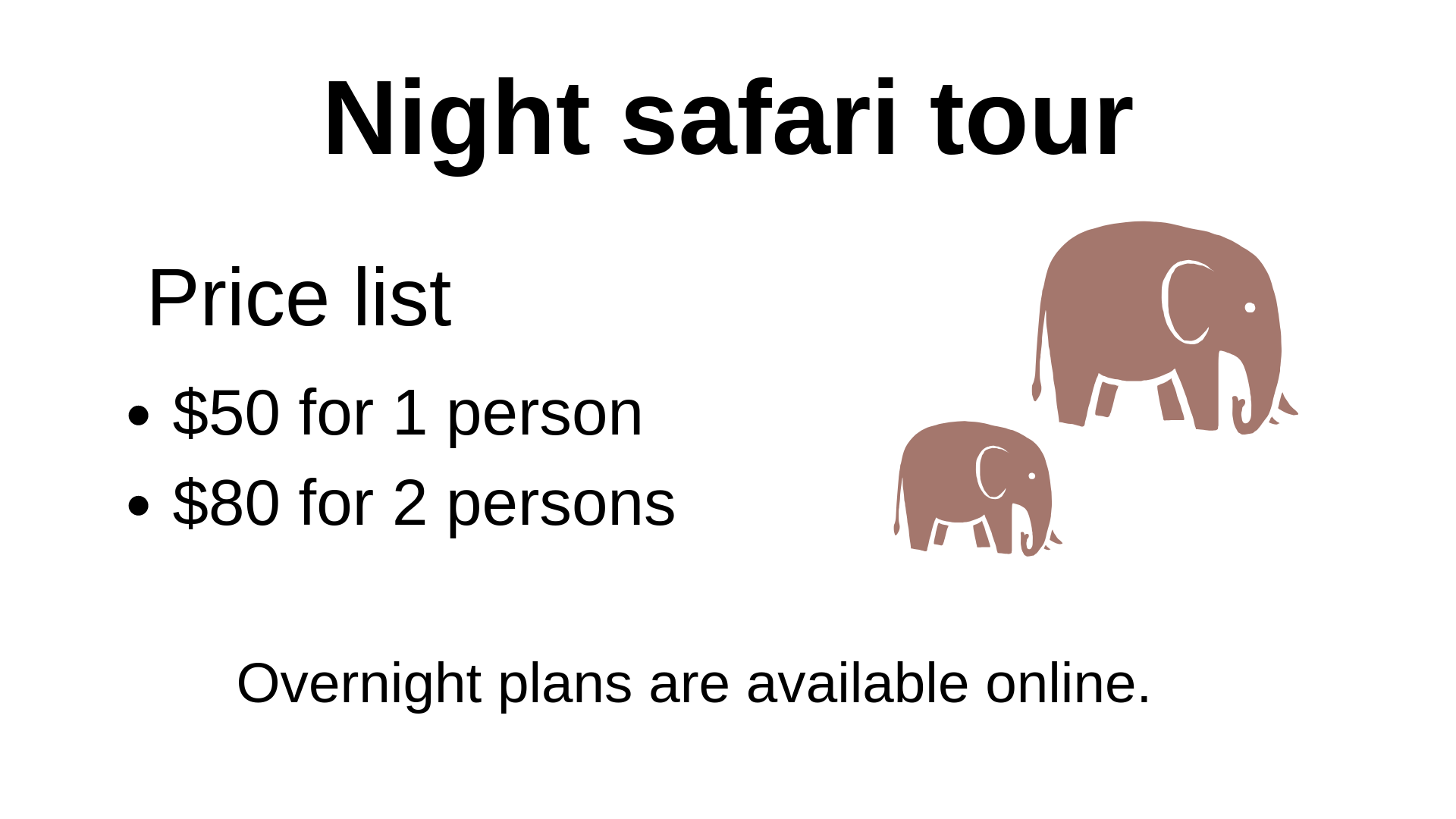
|
Sample Question 1:
|
How much does it cost to buy 3 tickets? |
| Sample Answer 1: | It costs $130 to buy 3 tickets. |
| Sample Question 2: | What can we do online? |
| Sample Answer 2: | We can book overnight plans online. |
PART B_3
You will answer the questions based on the data below.
You have 10 seconds to prepare and 15 seconds to answer each question.
I will check if your sentences are complete and if the grammar is correct.
You have 10 seconds to prepare and 15 seconds to answer each question.
I will check if your sentences are complete and if the grammar is correct.
以下の情報をもとに、質問に答えましょう。
準備時間は10秒、回答時間はそれぞれ15秒です。講師は文法と完全な文章であるかを確認します。
準備時間は10秒、回答時間はそれぞれ15秒です。講師は文法と完全な文章であるかを確認します。
PART B_4
あなたはガウンをレンタルしようとしています。料金表をもとに、質問に英語で答えてください。
(You are planning to rent gowns. Look at the price list and answer the questions.)
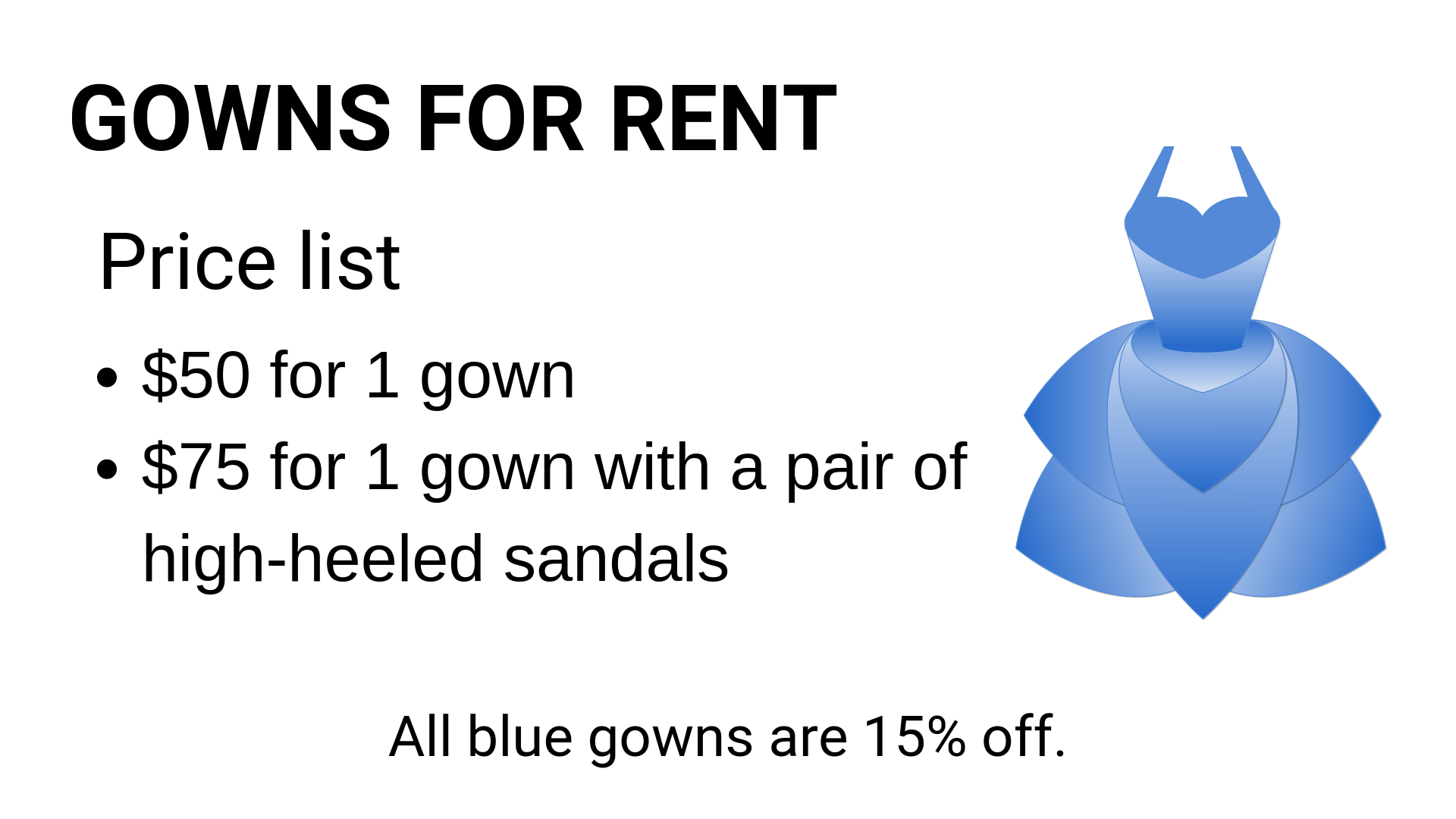
| 1. | How much does it cost to rent 2 gowns and 1 gown with a pair of high-heeled sandals? |
| Answer: | |
| 2. | What color of gowns has 15% off? |
| Answer: |
PART B_5
Now, let’s review your answers.
ではあなたの答えを復習してみましょう。
(Please review your student’s answers by sending the correct answers. You may also give tips.)
(The answer to question 1 is $175. Please make sure to let your student answer in a complete sentence.)
(The answer to question 1 is $175. Please make sure to let your student answer in a complete sentence.)
PART B_6
PART B_7
You will answer the questions based on the data below.
You have 10 seconds to prepare and 15 seconds to answer each question.
I will check if your sentences are complete and if the grammar is correct.
You have 10 seconds to prepare and 15 seconds to answer each question.
I will check if your sentences are complete and if the grammar is correct.
以下の情報をもとに、質問に答えましょう。
準備時間は10秒、回答時間はそれぞれ15秒です。講師は文法と完全な文章であるかを確認します。
準備時間は10秒、回答時間はそれぞれ15秒です。講師は文法と完全な文章であるかを確認します。
PART B_8
あなたはピザを買おうとしています。料金表をもとに、質問に英語で答えてください。
(You are planning to buy slices of pizza. Look at the price list and answer the questions.)
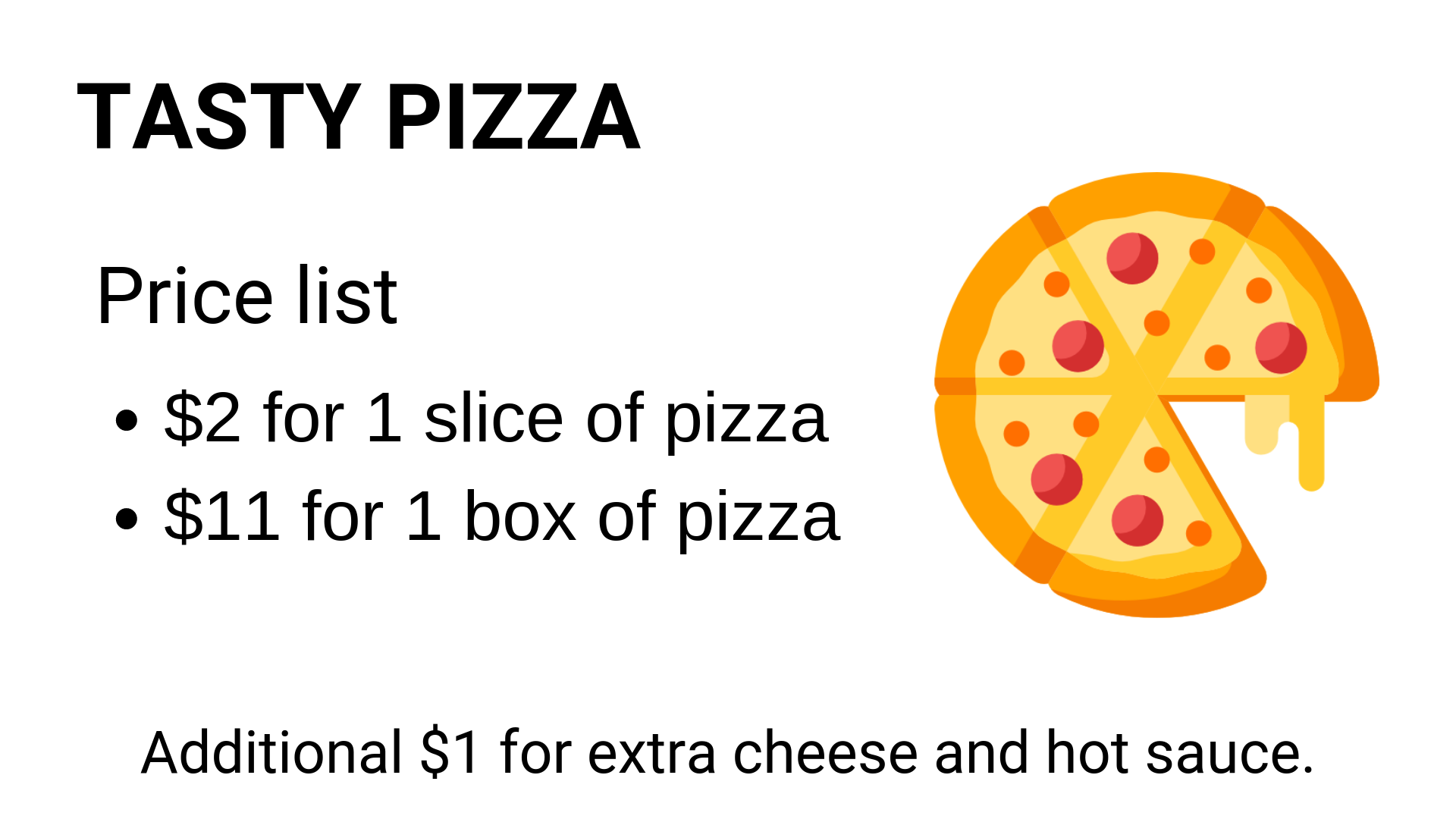
| 1. | How much does it cost to buy 2 boxes of pizza and 2 slices of pizza? |
| Answer: | |
| 2. | How much is the additional fee if you want extra cheese and hot sauce? |
| Answer: |
PART B_9
Now, let’s review your answers.
ではあなたの答えを復習してみましょう。
(Please review your student’s answers by sending the correct answers. You may also give tips.)
(The answer to question 1 is $26. Please make sure to let your student answer in a complete sentence.)
(The answer to question 1 is $26. Please make sure to let your student answer in a complete sentence.)
PART B_10
PART C_1
This is a story that the character experienced. Please tell the story to your tutor. You have 30 seconds to prepare and 60 seconds to answer. I will check if your sentences are complete and if the grammar is correct.
登場人物に起きた出来事を講師に話しましょう。準備時間は30秒、回答時間は60秒です。講師は文法と完全な文章であるかを確認します。
PART C_2
先日登場人物が経験した以下の出来事を、留学生の友人に話すことになりました。英語で伝わるように話してください。
(You will tell the story that the character experienced to your foreign friend. Describe the story in English.)

| Answer: |
PART C_3
Now, let’s review your answer.
では、あなたの答えを復習してみましょう。その後、修正したあなたの答えを読んでみましょう。
(Please help your student convey his or her answer effectively by connecting the situations using conjunctions, correct grammar, and complete sentences. After that, ask your student to state his or her corrected answer.)
PART C_4
PART C_5
Now, we’ll read the sample answer. Please repeat after me.
では、講師のあとに続いて、模範解答を読んでみましょう。
PART C_6
One day, a man had an accident while riding his bicycle. So, he was brought to the hospital by an ambulance. A few hours later, he was treated by the doctor at the hospital. When he arrived home, he realized that his bicycle had been broken.
PART D_1
Let’s study the example below. I will read the sample question, and you will read the sample answer.
下の例を見てみましょう。講師がサンプルの質問を読むので、あなたはサンプルの答えを読みましょう。
PART D_2
英語のクラスで以下のテーマについての意見を発表することになりました。自分の考えとその理由を具体的に、また相手に伝わるように説明してください。
(You will express your opinion about the following topic in English class. Tell your idea with supporting reasons.)
|
Sample Question:
|
Some people say that walking is good for one’s health. What do you think about that? |
|
Sample Answer:
|
I agree that walking is good for one’s health because this physical exercise reduces the risk of heart diseases such as heart attack. Also, some studies say that walking can reduce stress. |
PART D_3
Express your opinions on the following topics. You will be asked to give two answers. Your first answer should start with “I agree ~”. Your second answer should start with “I disagree ~”.
Now, please give your first answer starting with “I agree ~.” Give at least two reasons to support your opinion. You have 60 seconds to prepare and 60 seconds to answer.
Now, please give your first answer starting with “I agree ~.” Give at least two reasons to support your opinion. You have 60 seconds to prepare and 60 seconds to answer.
賛成、反対両方の意見を表現してみましょう。まずは2つ以上の理由をつけて、賛成意見を述べましょう。
準備時間は60秒、回答時間は60秒です。回答は「I agree ~.」で始めてください。
準備時間は60秒、回答時間は60秒です。回答は「I agree ~.」で始めてください。
PART D_4
英語のクラスで以下のテーマについての意見を発表することになりました。自分の考えとその理由を具体的に、また相手に伝わるように説明してください。
(You will express your opinion about the following topic in English class. Tell your idea with supporting reasons.)
| Some people say that one day, the world will run out of food. What do you think about that? | |
| I agree |
PART D_5
Now, let’s review your answer.
では、あなたの答えを復習してみましょう。その後、修正したあなたの答えを読んでみましょう。
(Please send the corrected answer to your student.)
PART D_6
PART D_7
Now, we’ll read the sample answer. Please repeat after me.
では、講師のあとに続いて、模範解答を読んでみましょう。
PART D_8
I agree, because as the world population continues to grow, more living things, both humans and animals, will need food. Also, some farmlands where we could grow domestic crops and animals for food are being converted into houses and buildings.
PART D_9
Now try to express your opinion in the opposite situation. Give at least two reasons to support your opinion. You have 60 seconds to prepare and 60 seconds to answer. Your answer should start with “I disagree ~.”
次に反対の立場になって意見を表現しましょう。回答は「I disagree ~.」で始め、2つ以上の理由を述べてください。準備時間は60秒、回答時間は60秒です。
PART D_10
英語のクラスで以下のテーマについての意見を発表することになりました。自分の考えとその理由を具体的に、また相手に伝わるように説明してください。
(You will express your opinion about the following topic in English class. Tell your idea with supporting reasons.)
| Some people say that one day, the world will run out of food. What do you think about that? | |
| I disagree |
PART D_11
Now, let’s review your answer.
では、あなたの答えを復習してみましょう。その後、修正したあなたの答えを読んでみましょう。
(Please send the corrected answer to your student.)
PART D_12
PART D_13
Now, we’ll read the sample answer. Please repeat after me.
では、講師のあとに続いて、模範解答を読んでみましょう。
PART D_14
I disagree because one of the major sources of food production is solar energy. As long as there is solar energy, it’s possible to produce food. Also, we live in a modern society, so we can still find ways to produce more food in the future with the help of technology.
PART E_1
Now, let’s do a free talk about the following topic.
以下のトピックについてフリートークをしましょう。
(Please do a free talk if you have time left.)
PART E_2
Do you leave leftovers on your plate after you finish eating? Why or why not?
PART E_3




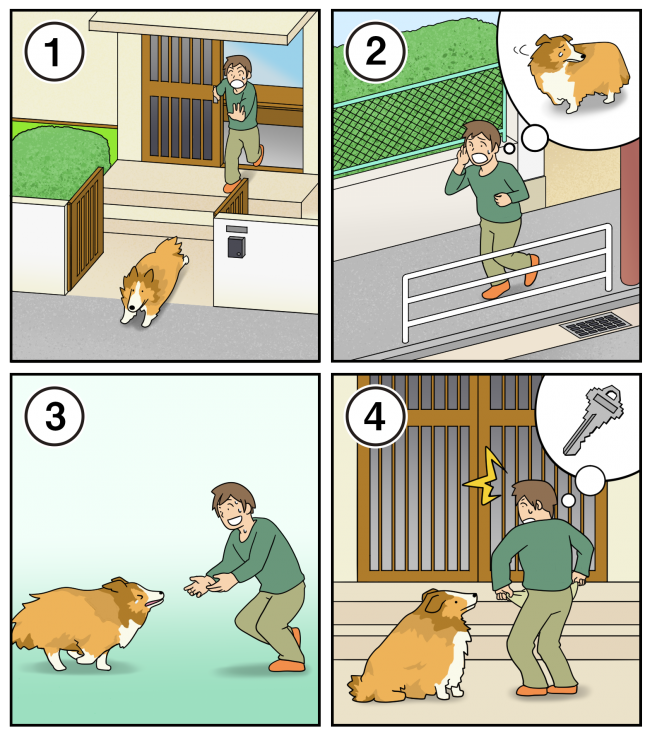
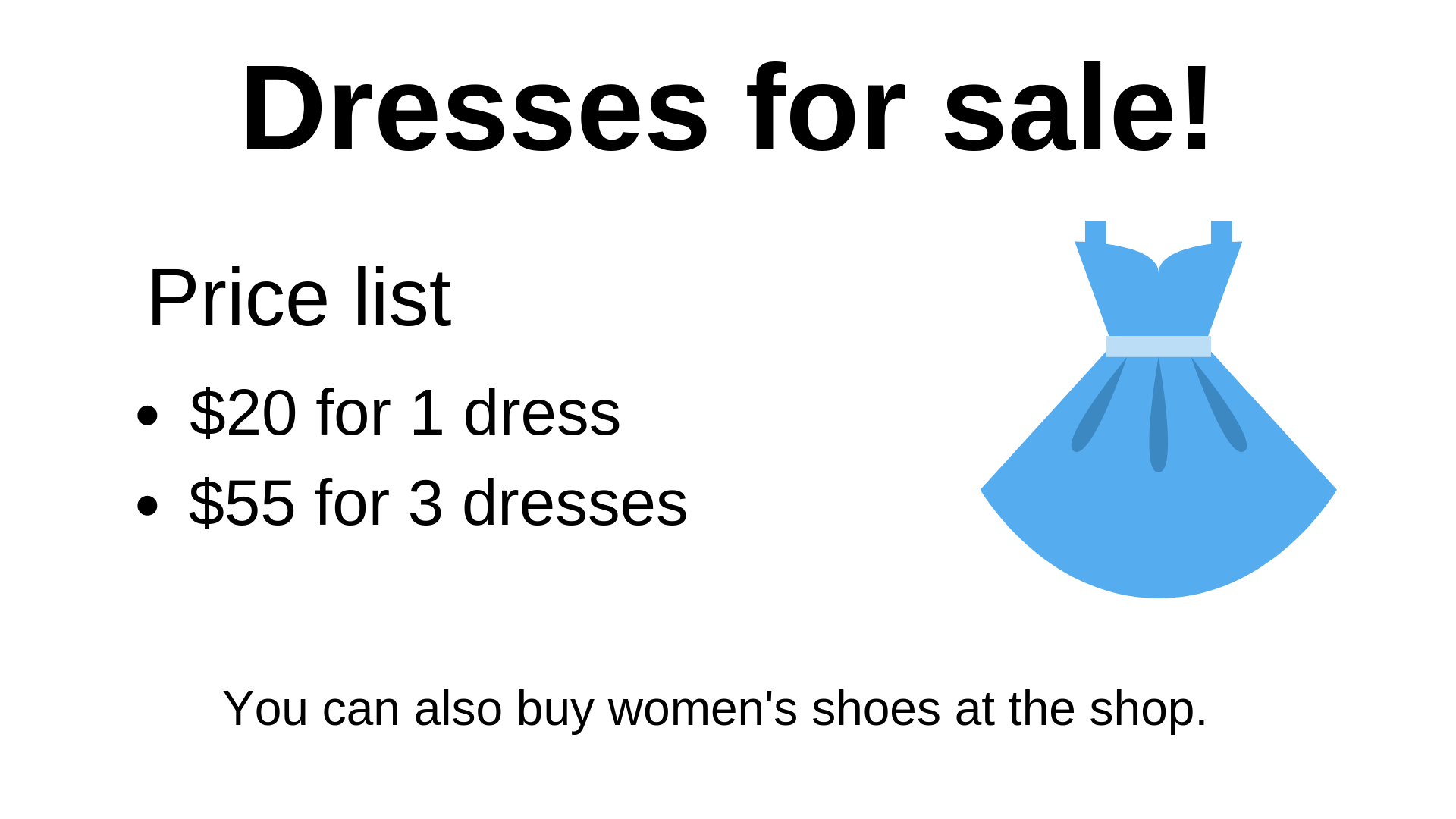




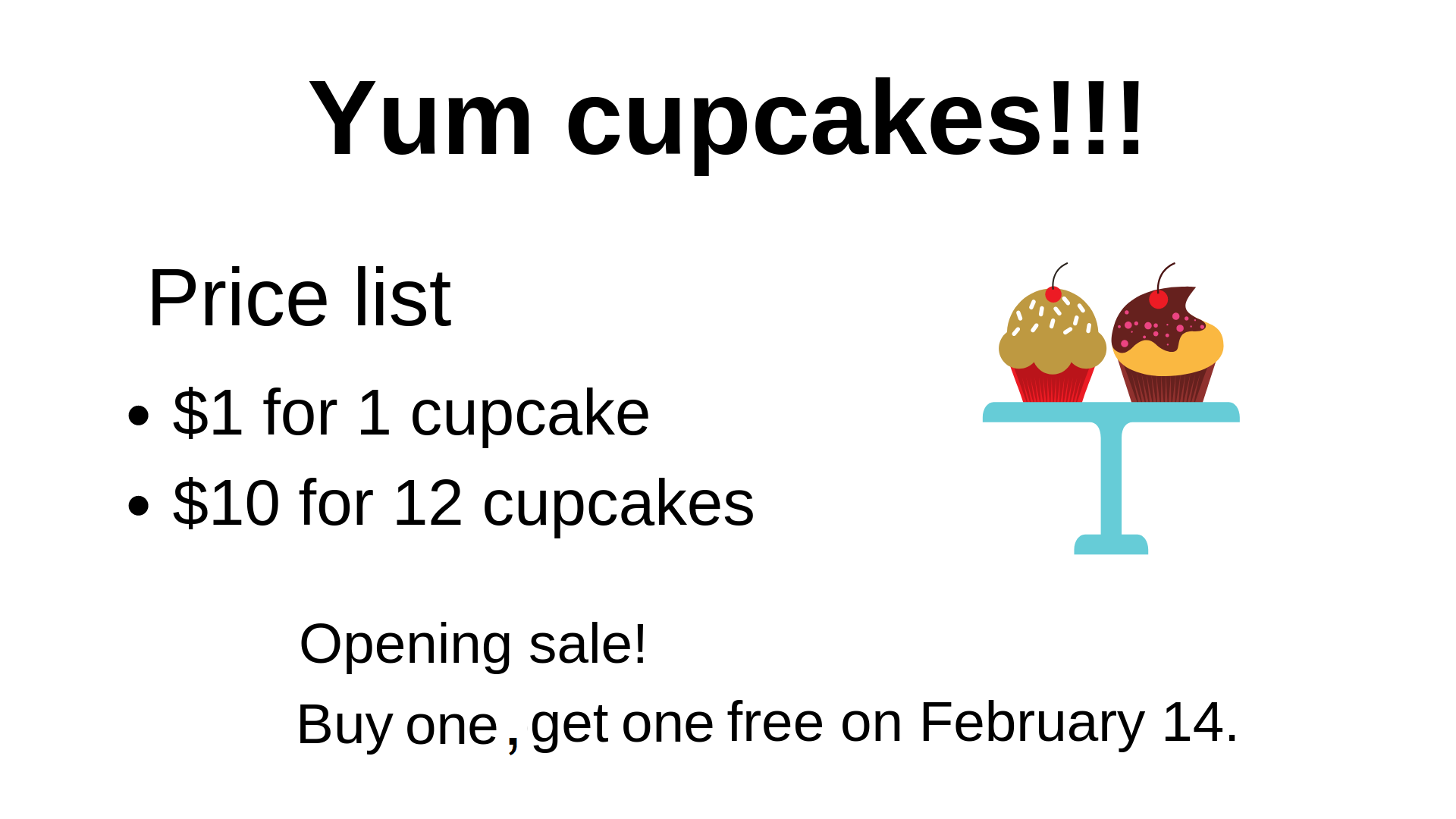

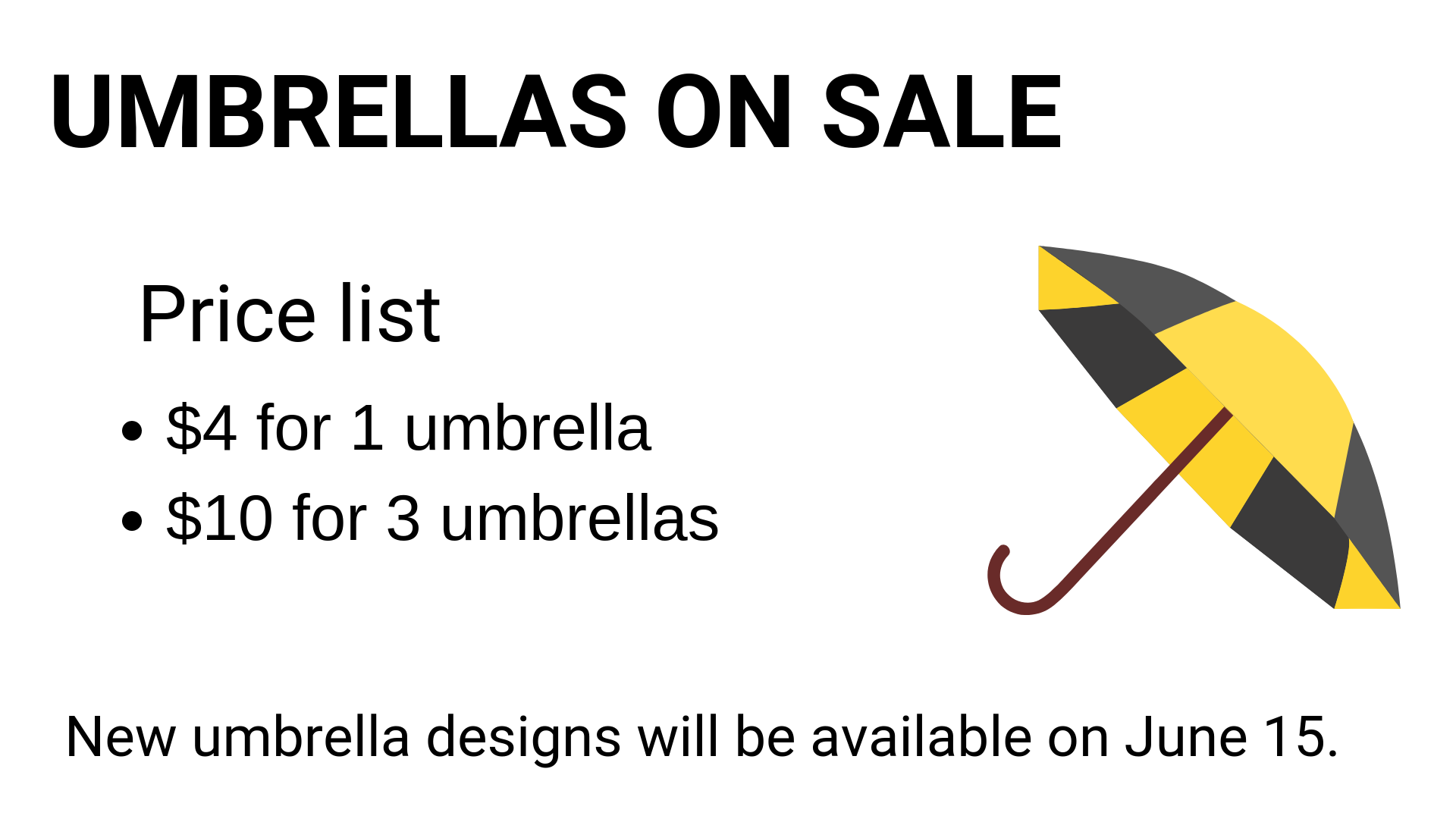
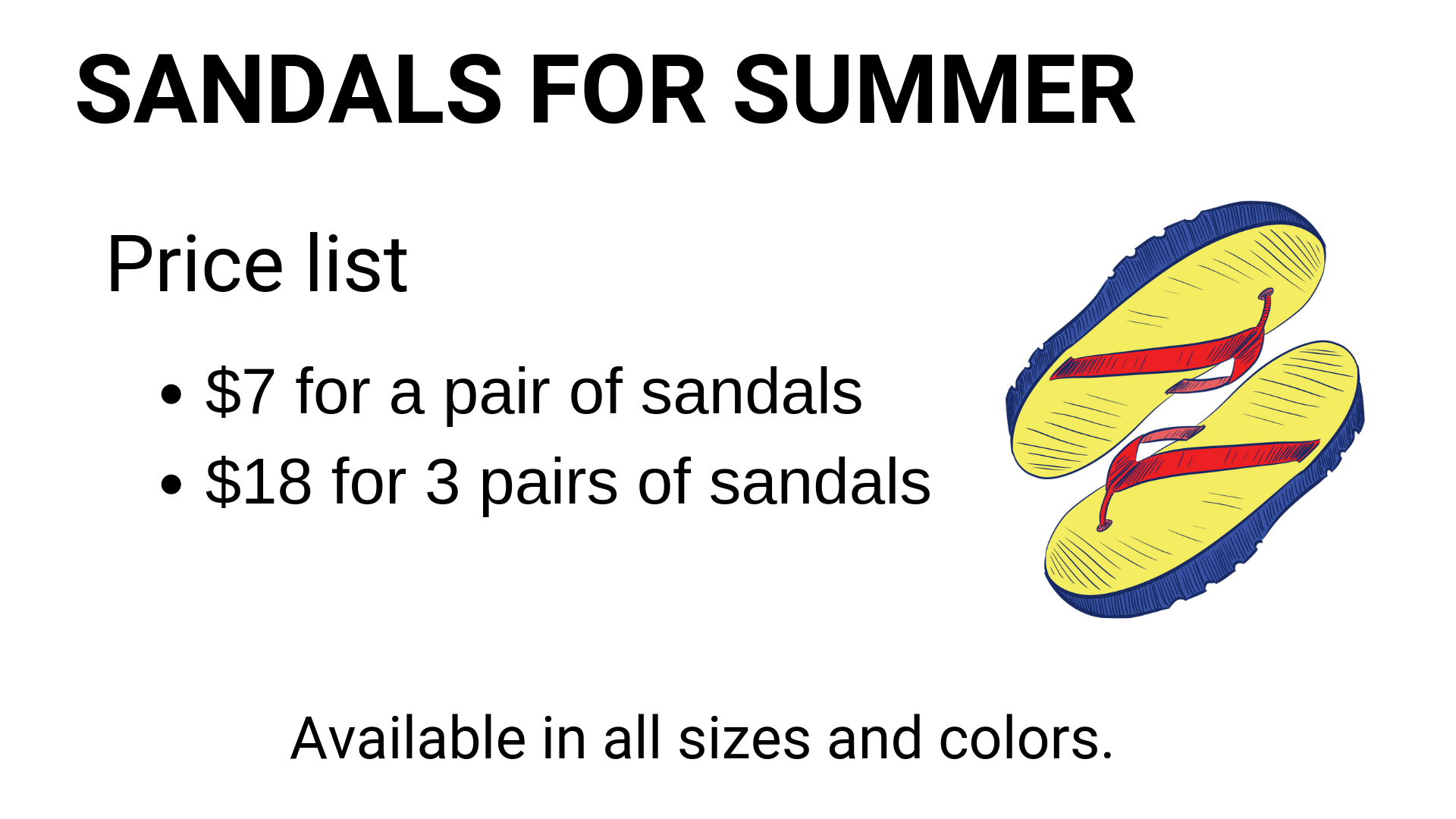

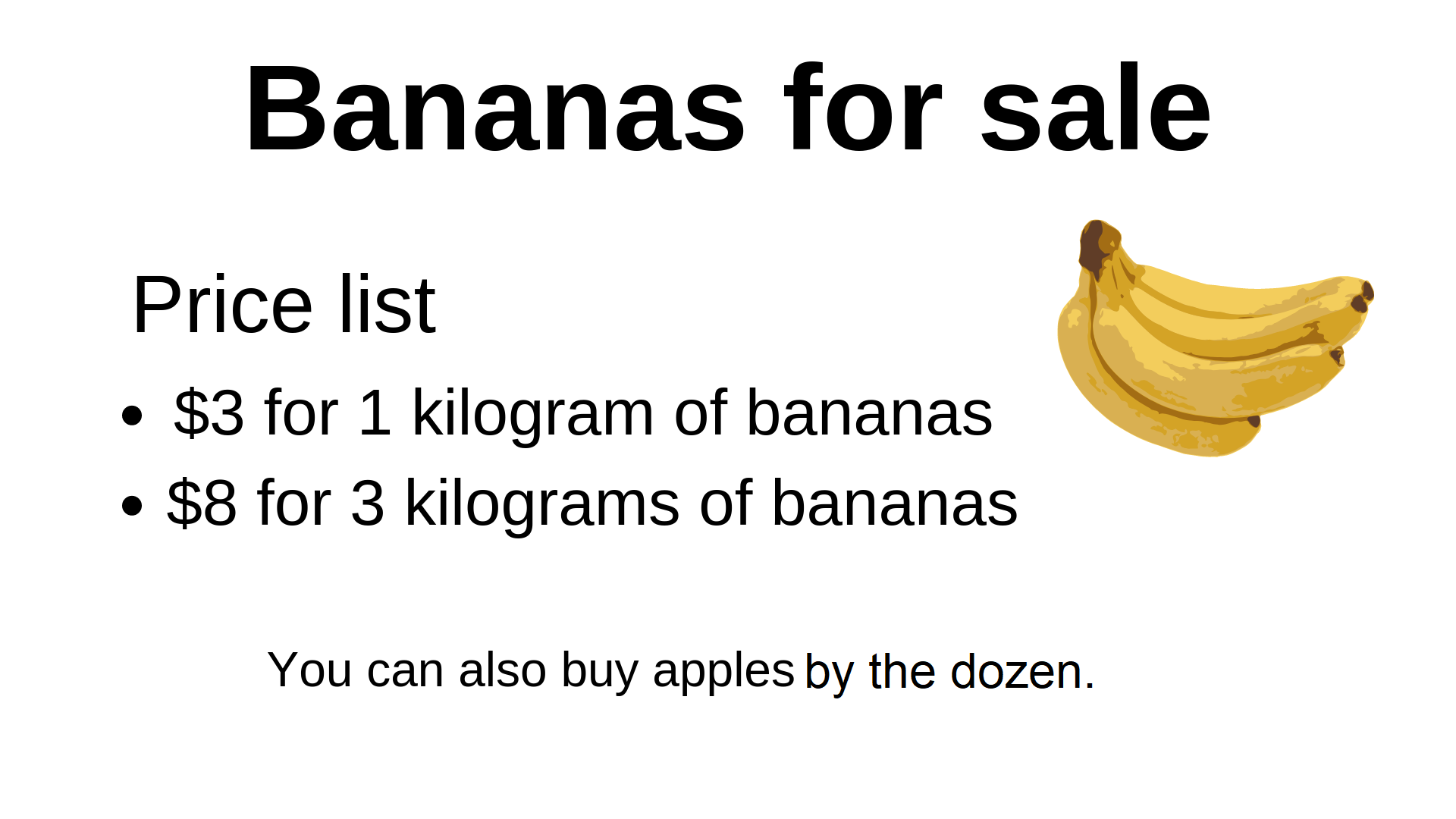
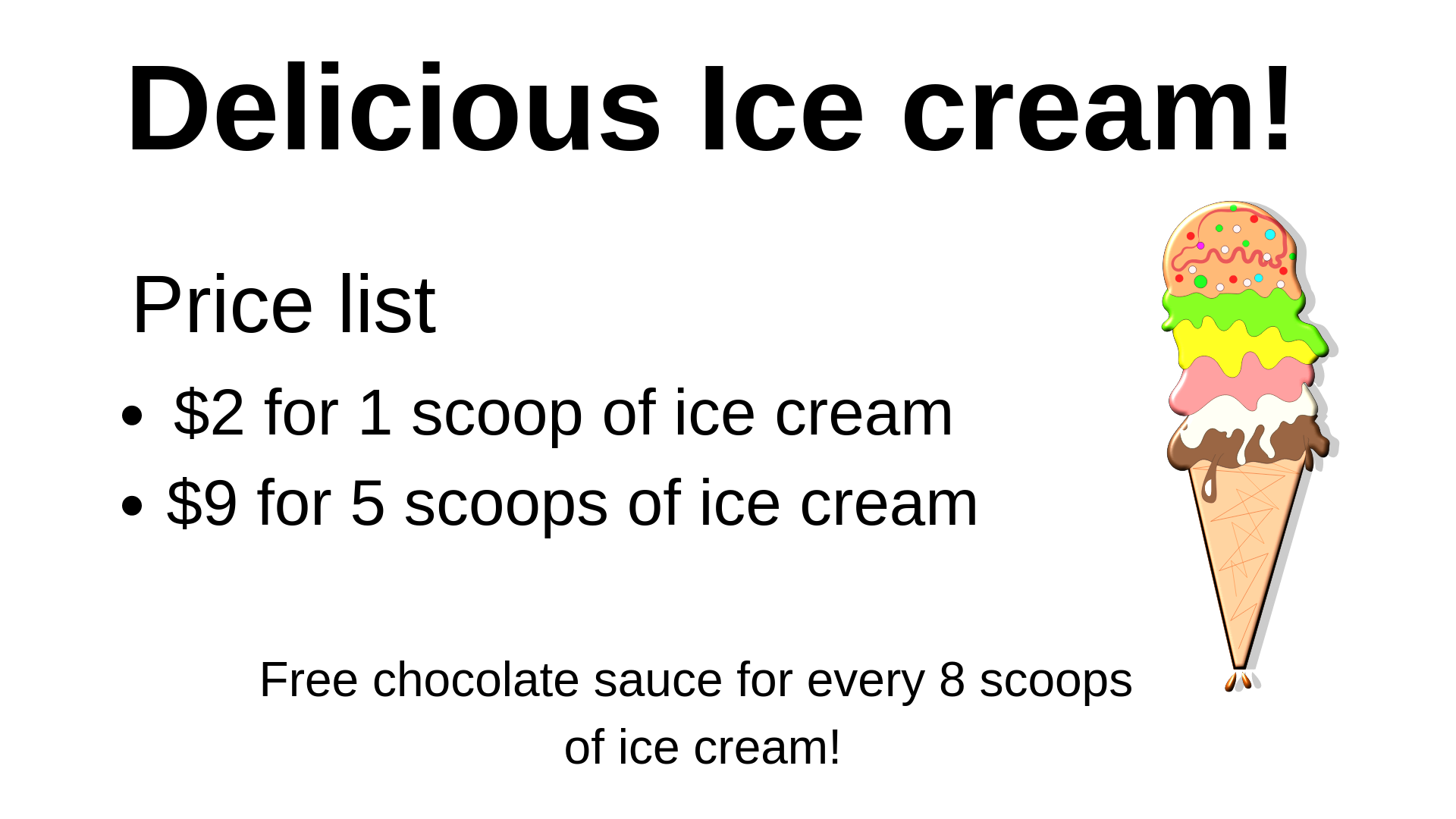
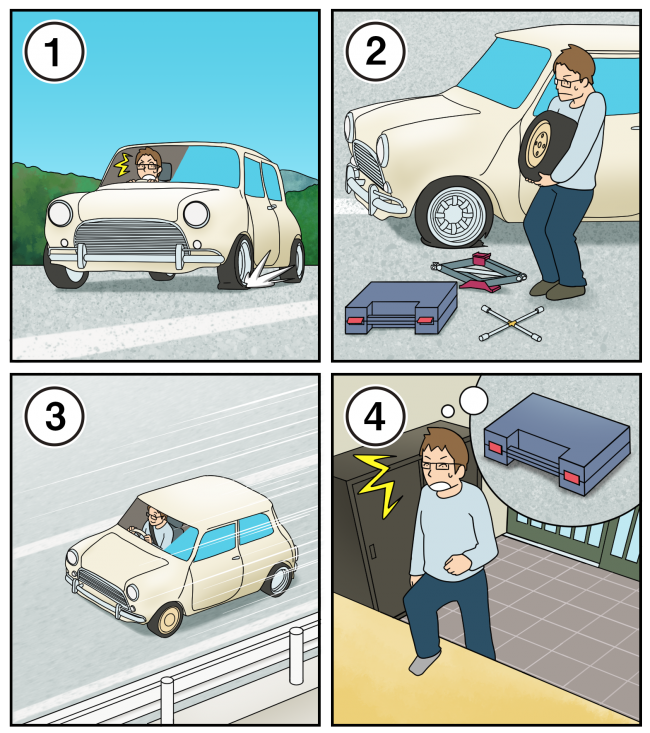


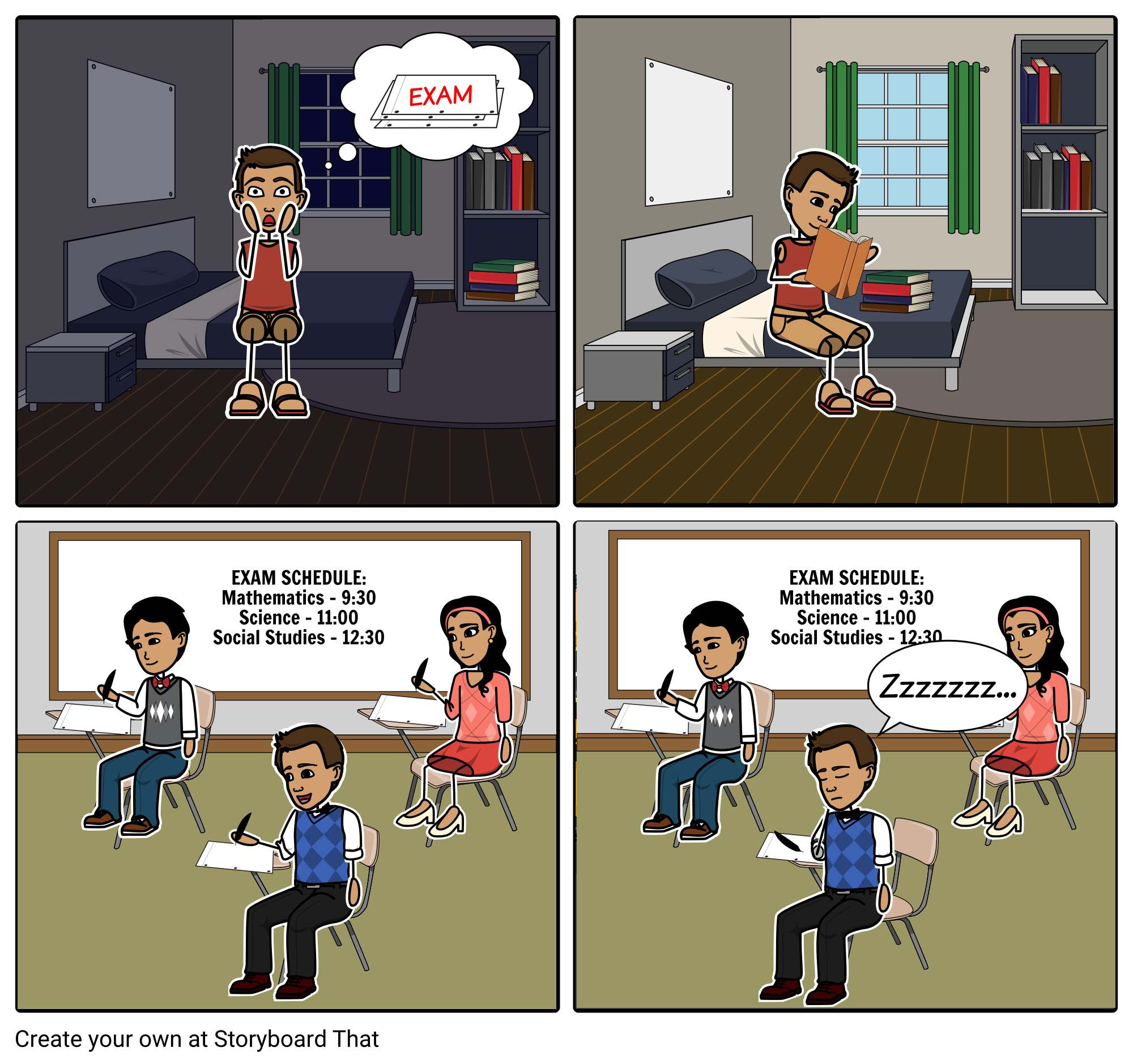


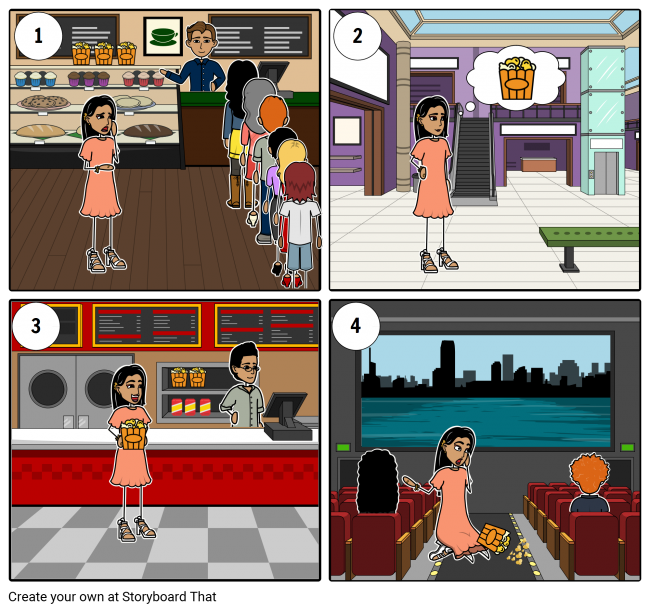

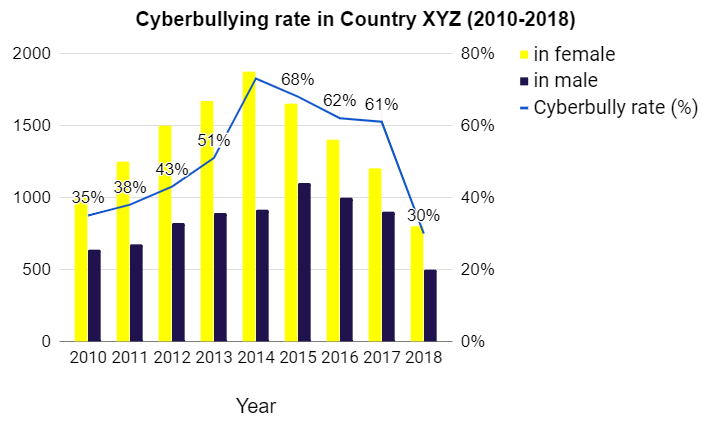
 GOOD
GOOD 
